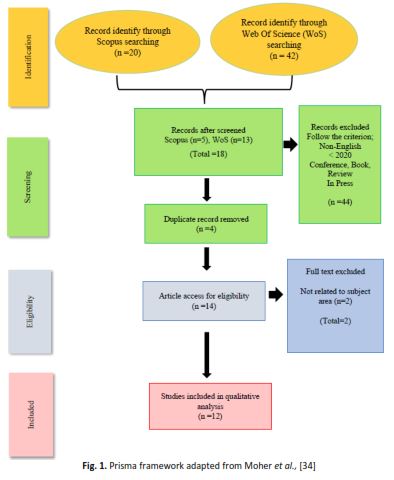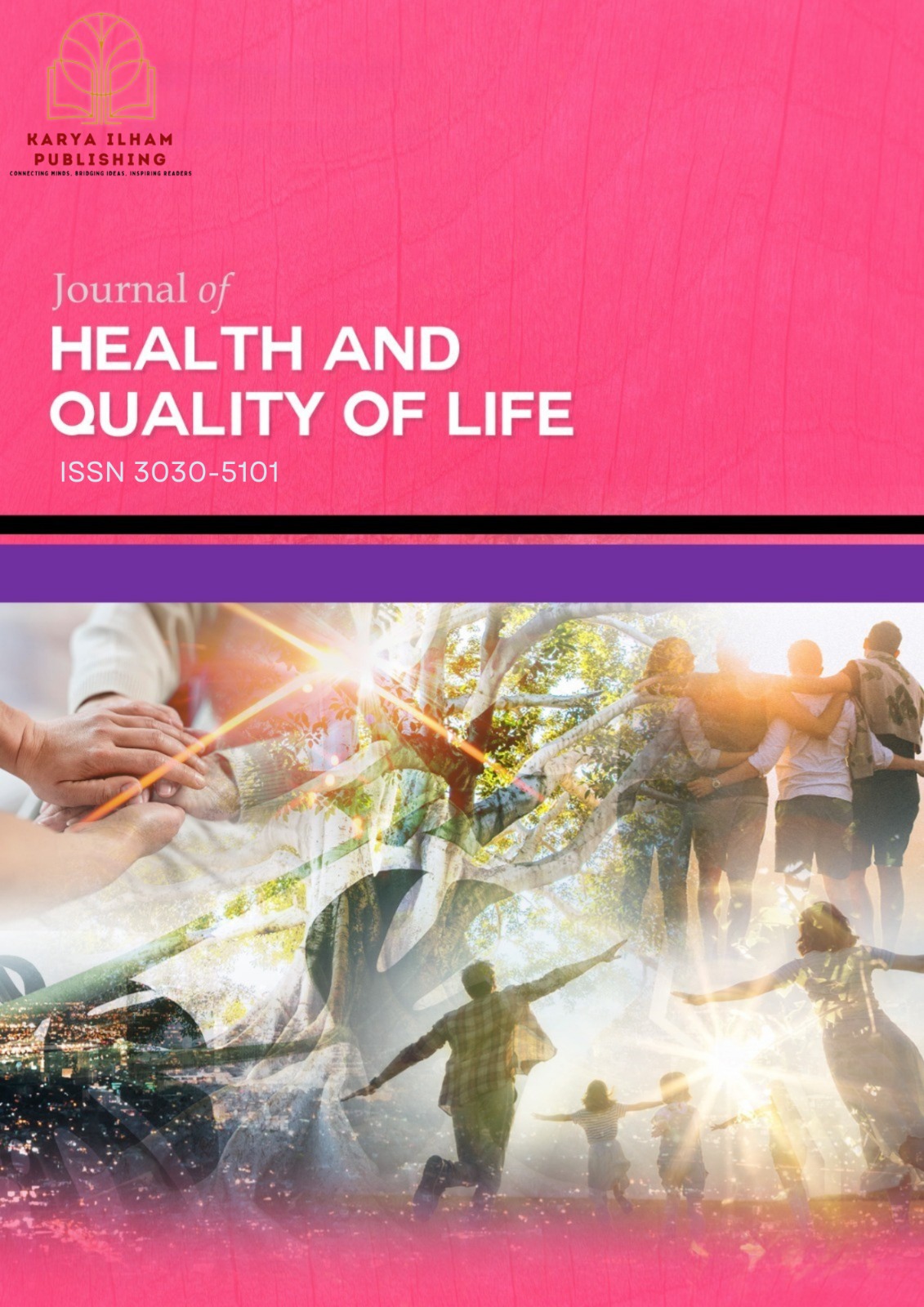From School to Workforce: A Systematic Review on Enhancing Transition Outcomes for Students with Special Needs
DOI:
https://doi.org/10.37934/jhqol.5.1.117Keywords:
Transition programs, students with special needs, special educationAbstract
The transition from school to postsecondary settings for students with special needs presents complex challenges, particularly regarding vocational training, family engagement, and supportive policy structures. This research addresses critical gaps impacting these students’ employment readiness and community integration, drawing on a systematic literature review focused on three areas: Transition and Employment Readiness, Family and Community Support, and Educational and Policy Approaches. The PRISMA framework guided the selection and evaluation of studies from 2020 to 2024, identifying key barriers such as inadequate vocational skills, fragmented family support, and restrictive educational policies. Employing a mixed-methods analysis, the study emphasizes the importance of experiential vocational training, coordinated family and community networks, and policy-driven educational support tailored to individual needs. Findings suggest that early, inclusive, and collaborative transition planning fosters self-determination and improves long-term employment outcomes. The research concludes with recommendations for implementing integrated vocational programs, strengthening community partnerships, and utilizing technology to enhance accessibility, ultimately promoting meaningful employment and independent living for students with special needs.














